Iraqis protest foreign role in ‘fraudulent’ vote results near US embassy
Hundreds of people have gathered inside the heavily fortified Green Zone in the Iraqi capital Baghdad, which houses the US embassy, to protest what they call foreign-sponsored fraud and vote irregularities at the recent parliamentary elections in the Arab country.
On Saturday evening, the demonstrators chanted slogans against the United States, and also denounced United Nations officials responsible for monitoring the elections for failing to prevent voter fraud.
They reportedly urged the Independent High Electoral Commission to conduct a recount of the votes.
The protesters said they had no confidence in the election commission, accusing it of vote-rigging and manipulating the election.
Surprised by Security Council welcoming election results
Meanwhile, the Fatah (Conquest) Alliance and Asa’ib Ahl al-Haq political parties criticized as surprising the latest UN Security Council statement, which commended the success of Iraq’s parliamentary elections before legal appeals were processed.
The Fatah Alliance stated that the commendation showed the Security Council’s bias and raised questions regarding its role in what took place, especially since local and international monitors, namely those with the European Union, had recorded many violations on election day and in the announcement of the results.
It reiterated that the Iraqi political coalition would insist on its call for a vote recount and rejected any foreign interference in election results.
The Alliance had earlier rebuked “the ominous triad of the United States, Britain and Israel,” which, it said, “worked through Emirati funds and groups to remove the forces that rejected Western hegemony and stood as an impenetrable fortress in the face of normalization deal, occupation and disintegration.”
Also, Qais al-Khazali, the secretary general of Asa’ib Ahl al-Haq political party, reacted to the Security Council’s statement on Iraqi elections.
“We are surprised by the Security Council’s rush to congratulate the results of the Iraqi elections. The polls have not yet been declared legally legitimate by the Federal Supreme Court of Iraq,” he wrote in a tweet.
Khazalai added, “In light of protests, available evidence about vote irregularities and dismissal of the results by many political groups, we call on all international institutions to take an impartial and professional stance. We demand them to respect the sovereignty and law of Iraq.”
A total of 329 seats were up for grabs in the election. More than 3,240 candidates were running, including 950 women.
According to the preliminary results, the Fatah Alliance won 14 seats in the October 10 elections after taking 48 seats in the 2018 vote.
A count based on initial results from several provinces plus Baghdad, verified by local government officials, suggested that Sadr’s Sairoon coalition had won more than 70 seats, which, if confirmed, could give him considerable influence in forming a government.
Kurdish parties won 61 seats, the results showed, including 32 for the Kurdistan Democratic Party, which dominates the government of the semi-autonomous Kurdish region of Iraq, and 15 for its rival Patriotic Union of Kurdistan party.
Sunni Parliament Speaker Mohammed al-Halbousi’s Taqaddum coalition won 38 seats, Iraq’s state news agency reported, making it the second largest in parliament.
The State of Law Alliance, headed by former Prime Minister Nouri al-Maliki, who led Iraq from 2006 to 2014, came third overall with 37.
Iraqi Shia political parties won fewer seats than in the last election in 2018, according to the initial results and local officials.
The elections were originally planned to be held in 2022, but the date was brought forward in response to a mass protest movement that broke out in 2019 to call for economic reforms, better public services, and an effective fight against unemployment and corruption in state institutions.
The vote also took place under a new election law that divided Iraq into smaller constituencies – another demand of the protesters – and allowed for more independent candidates.
Around 600 international observers, including 150 from the United Nations, were monitoring the voting process.
European parliament pushes new hostile measures after CIA-Mossad-backed riots in Iran
Behind the riots: Spy games, media spin, discarded monarchists and lessons from history
IRGC deputy chief warns of harsh response to any aggression against Iran
Araghchi appreciates Pakistan’s vote against anti-Iran UNHRC resolution
Discover Iran: Historical, natural, and economic tapestry of idyllic Hormozgan islands
ICE detains 2-year-old girl, sends her to Texas despite court order
VIDEO | Trump claims his 'Board of Peace' might replace the UN
VIDEO | Shadows of Rebellion: How Iran’s protests turned violent


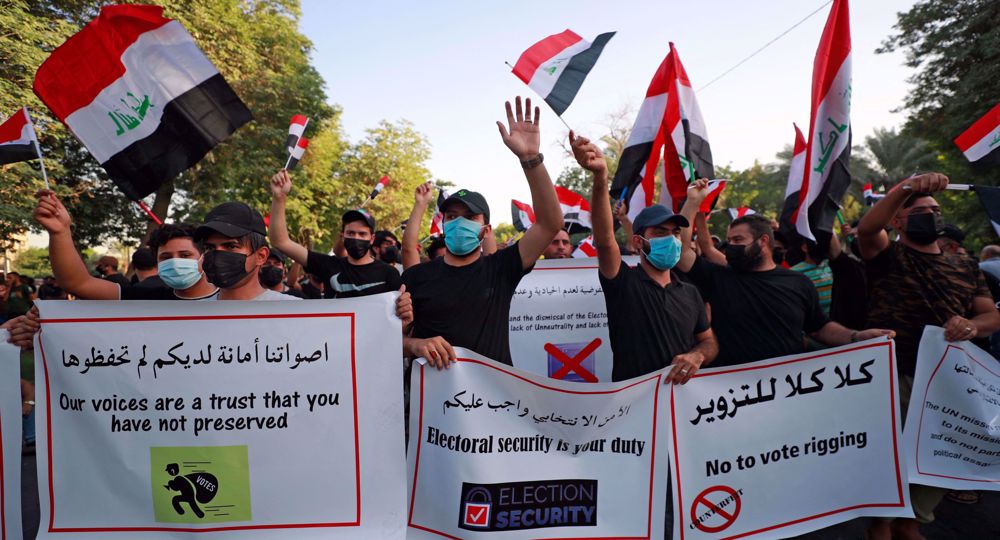
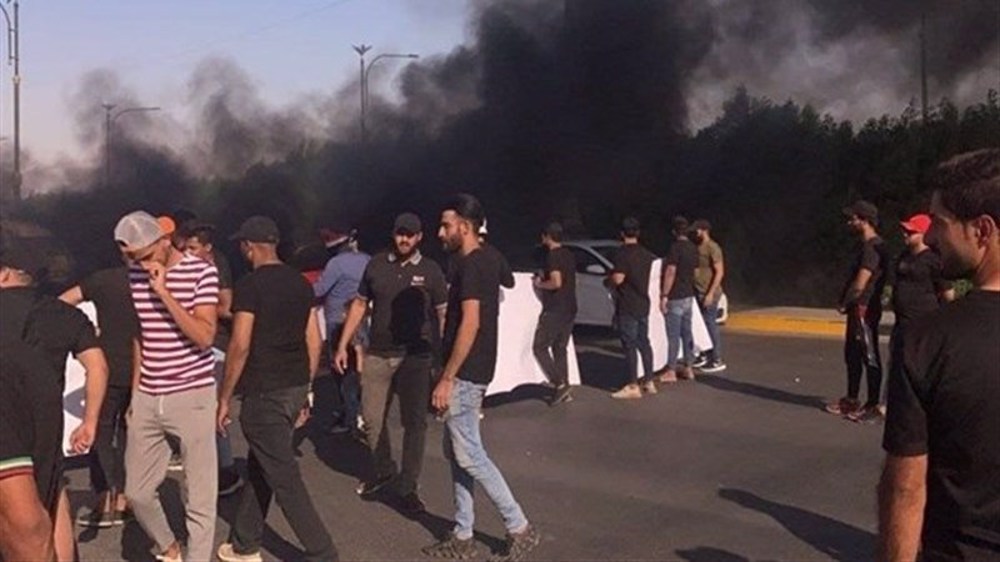
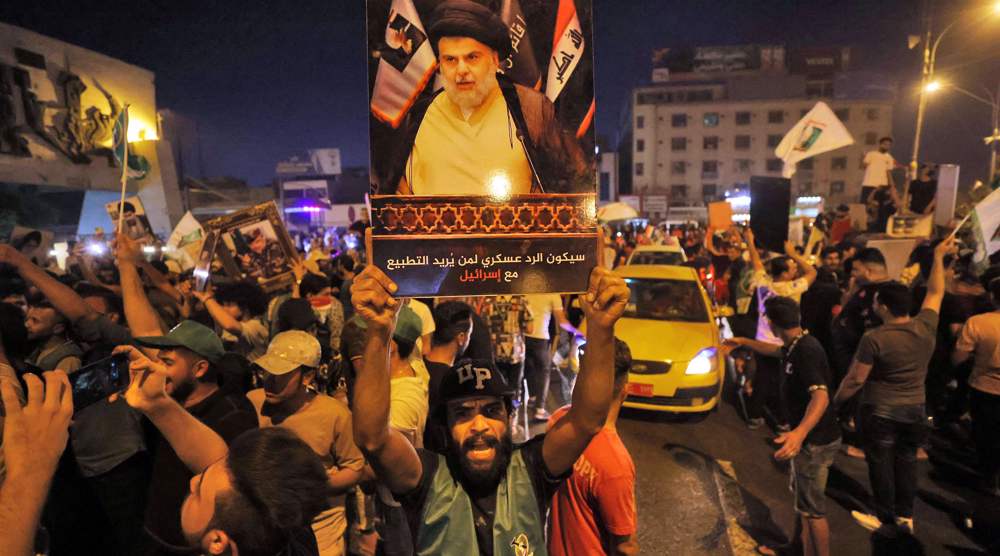
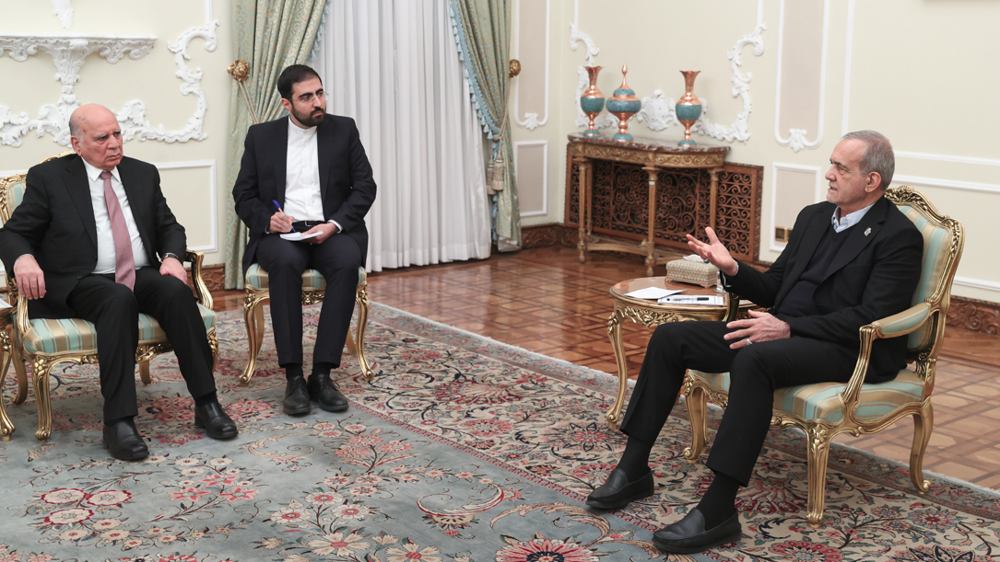
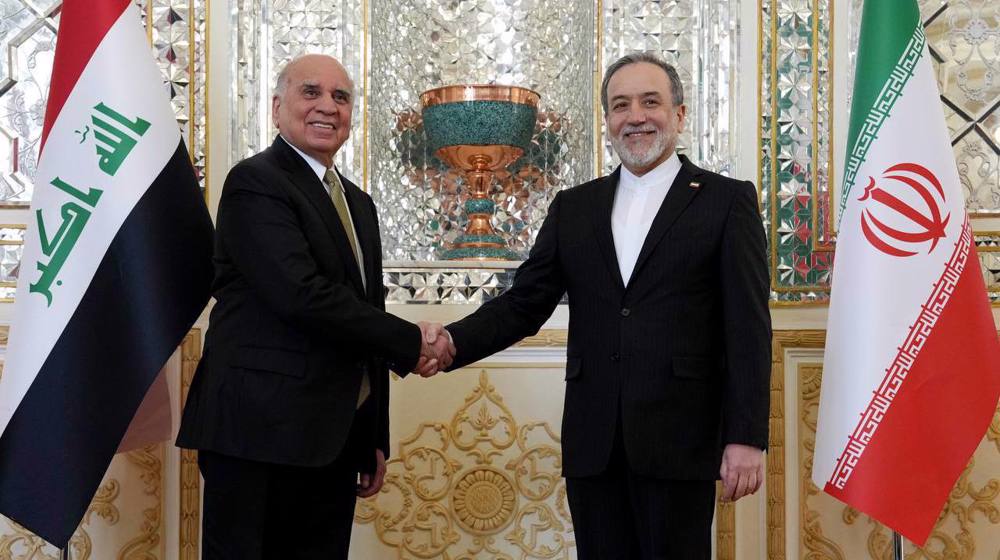
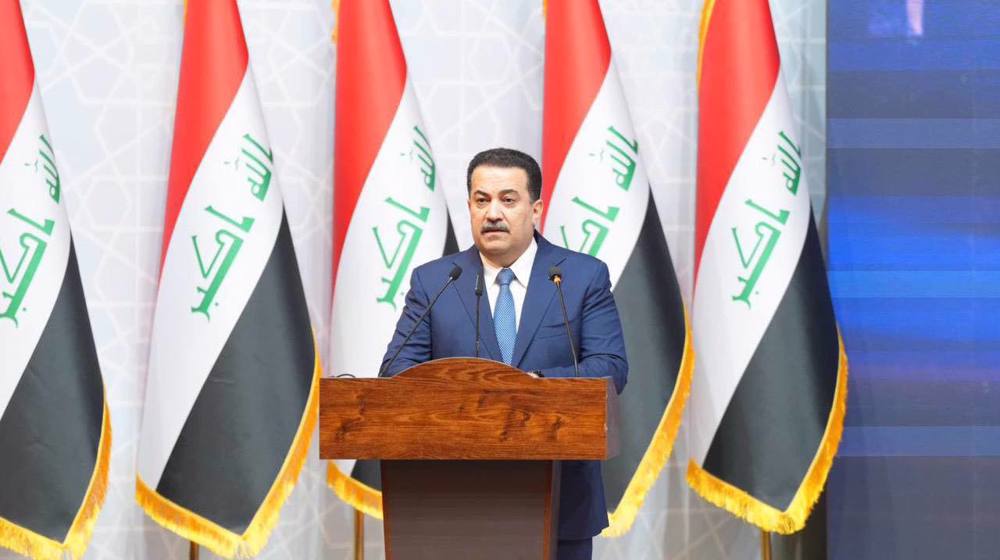



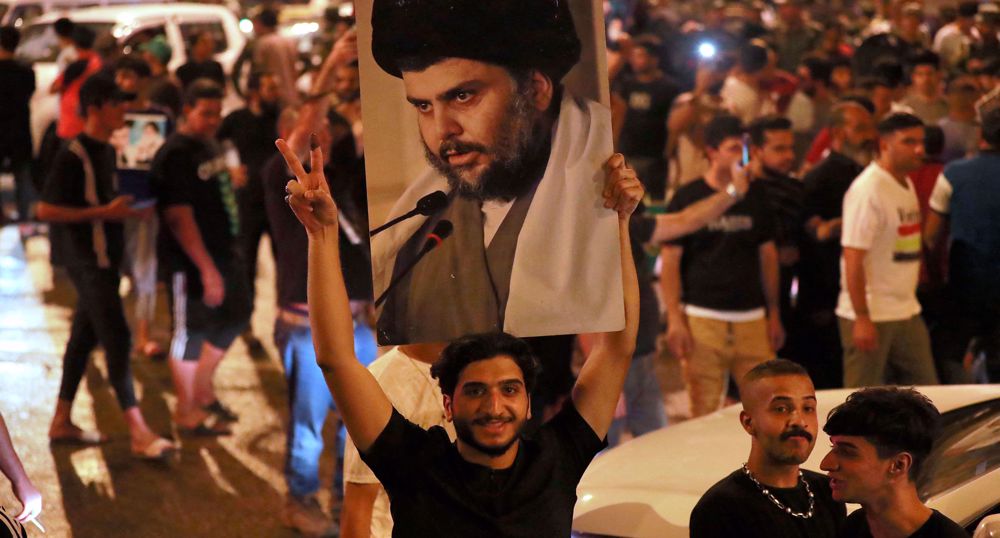
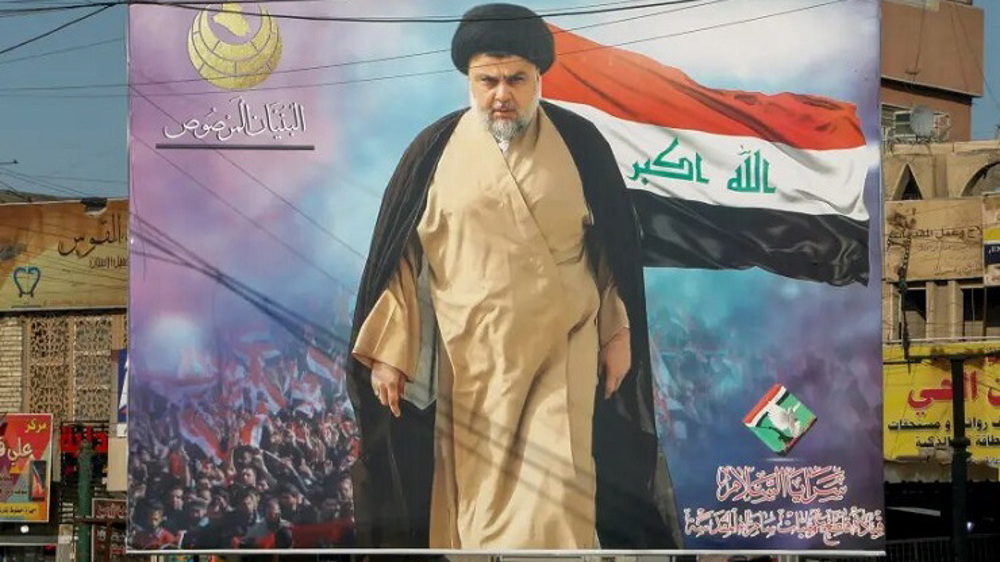
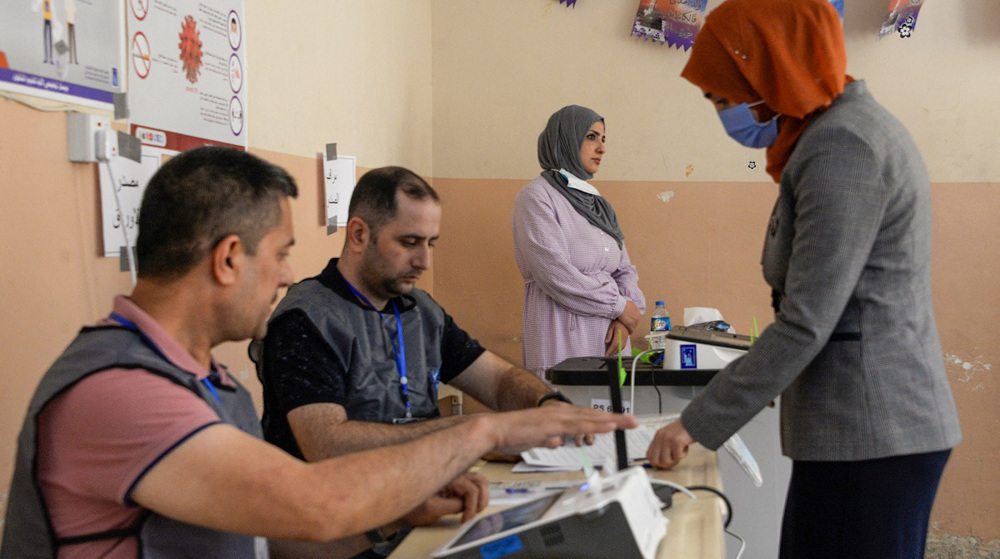
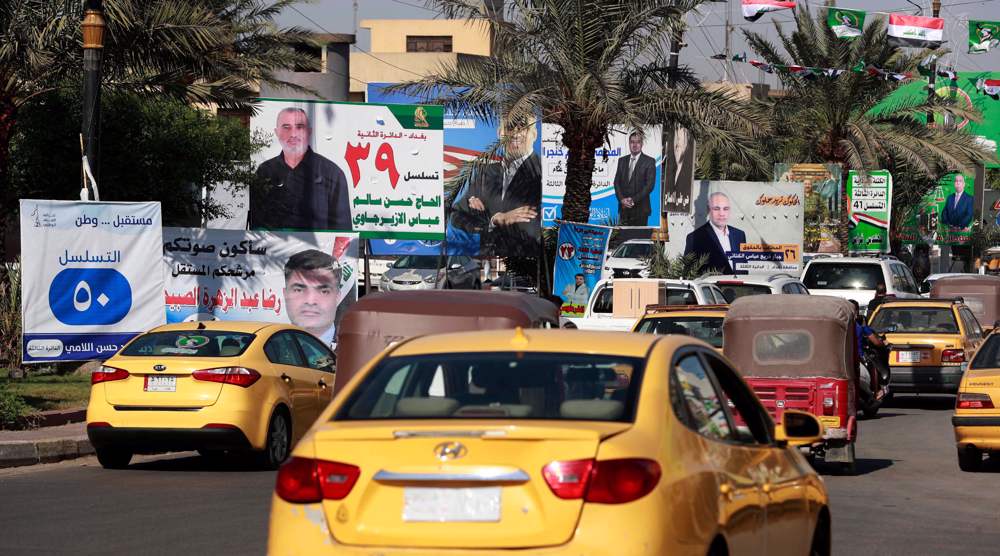
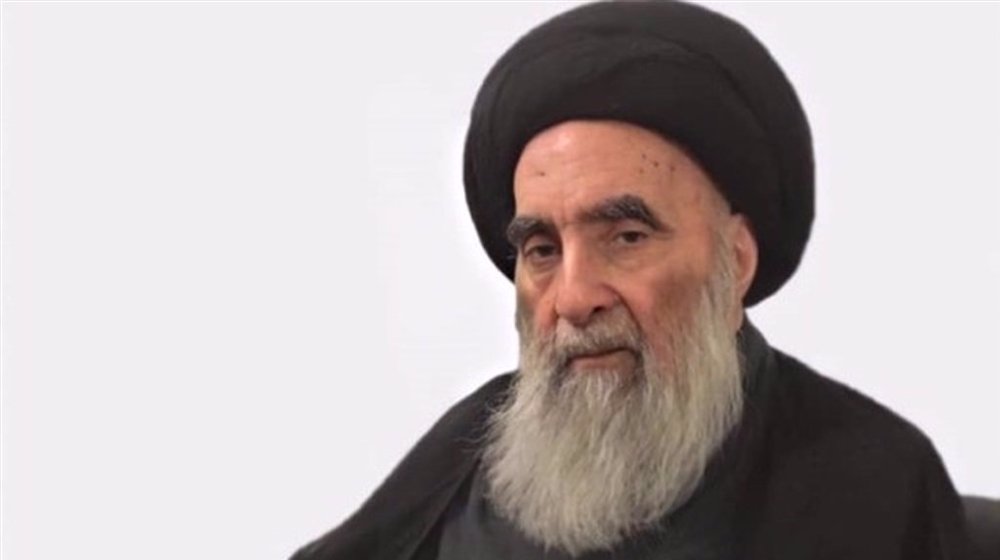

 This makes it easy to access the Press TV website
This makes it easy to access the Press TV website